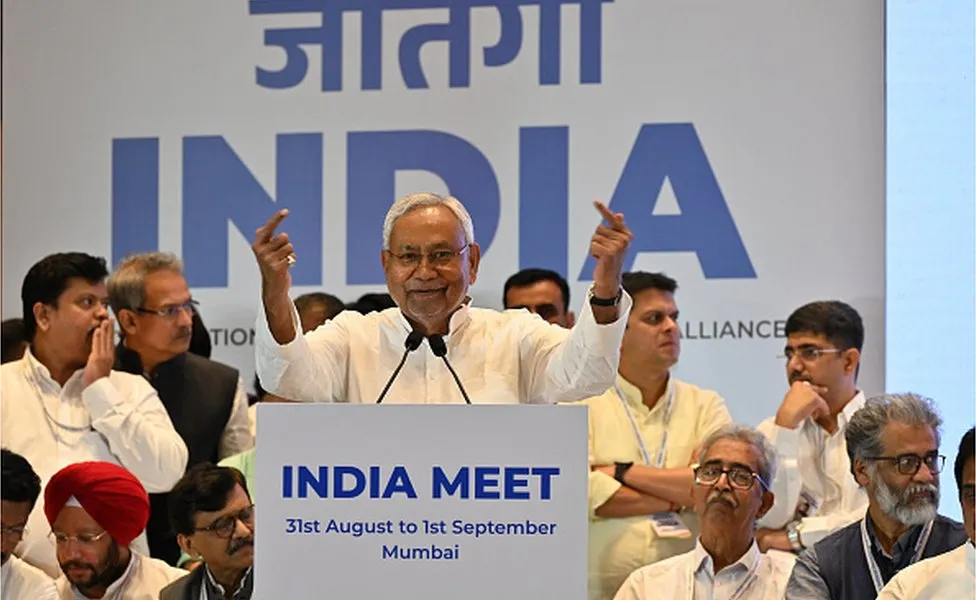
India's Healthcare Landscape: Battling Persistent Challenges Amidst Progress

Persistent Concerns:
Communicable diseases: India still faces a significant burden of infectious diseases like tuberculosis, malaria, and dengue. Inadequate sanitation, crowded living conditions, and limited access to clean water contribute to the spread of these illnesses.
Non-communicable diseases: The rise of lifestyle-related ailments like cardiovascular diseases, diabetes, and chronic respiratory illnesses poses a growing threat. Changing dietary patterns, physical inactivity, and environmental pollution are contributing factors.
Maternal and child health: Despite improvements, India's maternal mortality rate and infant mortality rate remain higher than desired. Issues like malnutrition, lack of access to quality prenatal care, and inadequate healthcare facilities in rural areas contribute to these concerns.
Mental health: Mental health awareness and access to proper care remain inadequate in India. Stigma surrounding mental illness often prevents individuals from seeking help, leading to untreated conditions and potential complications.
Challenges and Opportunities:
Inadequate healthcare infrastructure: The doctor-to-patient ratio and availability of specialist healthcare facilities remain insufficient, particularly in rural areas. This disparity creates access barriers for a significant portion of the population.
High healthcare costs: Out-of-pocket healthcare expenditure can be a significant burden for many families, pushing them towards financial hardship. This hinders timely access to essential medical services.
Uneven distribution of healthcare resources: Urban areas often have better access to healthcare facilities and specialists compared to rural regions. This disparity exacerbates existing inequalities and challenges in achieving equitable healthcare access.
Looking Ahead:
Despite these challenges, India has undertaken efforts to improve its healthcare landscape. Initiatives like expanding health insurance coverage, strengthening primary healthcare infrastructure, and promoting public health awareness campaigns offer promising avenues for progress.
Focus on preventive healthcare: Promoting healthy lifestyles, early disease detection, and immunization programs can significantly reduce the burden of both communicable and non-communicable diseases.
Investment in rural healthcare: Expanding healthcare facilities and staffing in rural areas, coupled with telemedicine advancements, can bridge the gap in access to quality healthcare services.
Addressing affordability concerns: Expanding health insurance coverage and exploring innovative financing models can help mitigate the financial burden associated with healthcare for vulnerable populations.
Mental health awareness campaigns: Destigmatizing mental illness and establishing accessible mental health services are crucial for promoting well-being and addressing the growing mental health concerns.
India's journey towards achieving universal health coverage and ensuring equitable access to quality healthcare services remains ongoing. Addressing the persistent challenges, investing in infrastructure and resource allocation, and fostering public-private partnerships will be critical in building a robust and accessible healthcare system for all.

